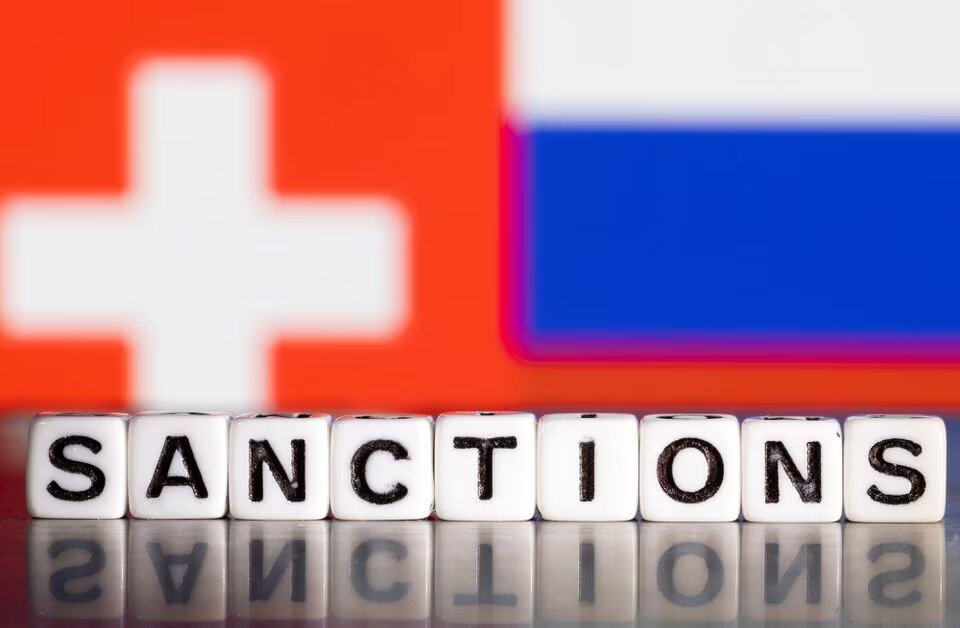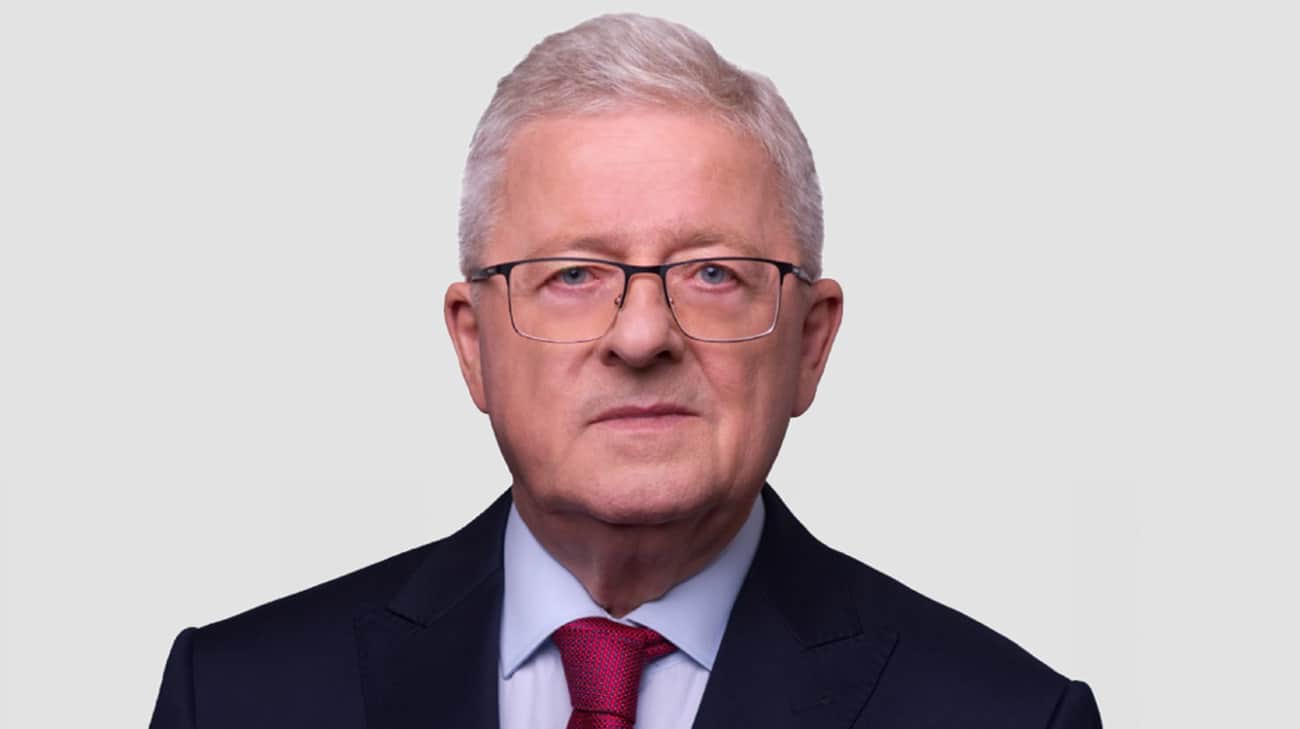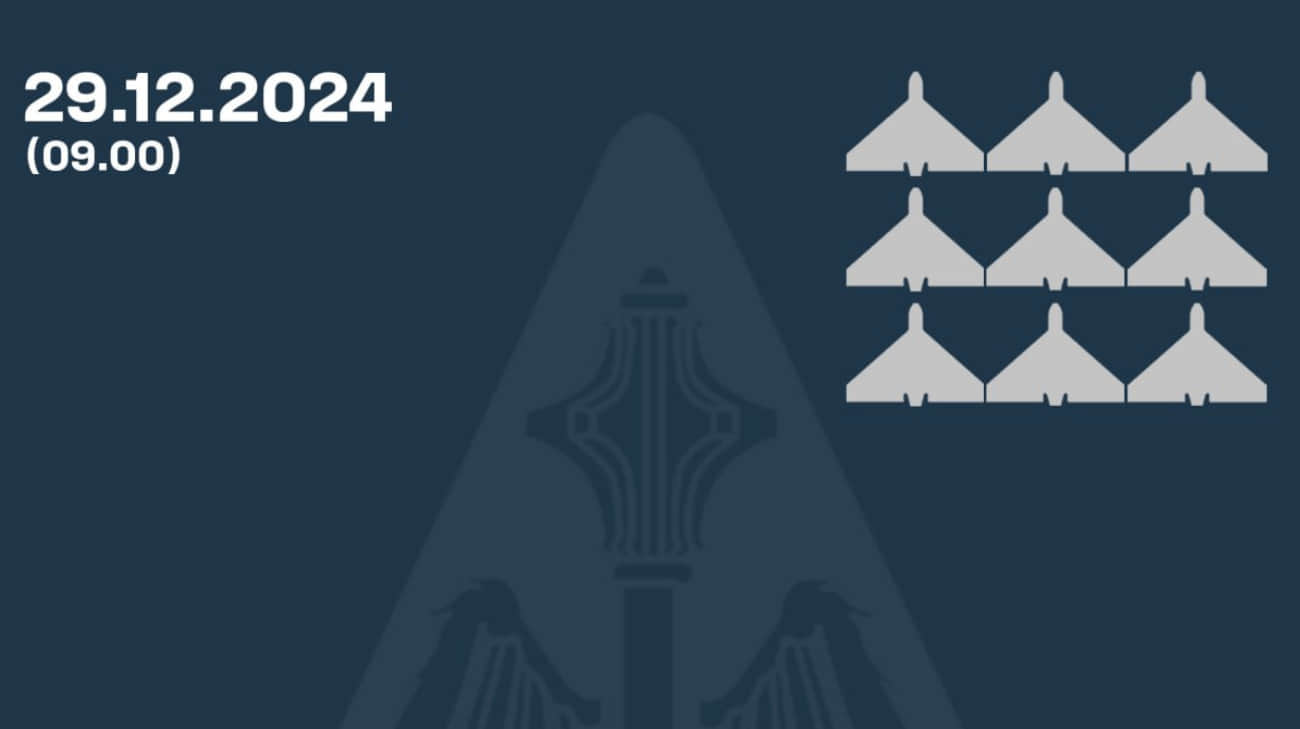Switzerland aligns with EU’s 13th sanctions package against Russia
Switzerland's latest sanctions include a ban on the export of drone components to Russia, as part of efforts to curb its military capabilities.

The Swiss government has announced its decision to impose further sanctions against Russia, aligning with the European Union’s (EU) 13th sanctions package.
The move comes in response to Russia’s ongoing full-scsle invasion against Ukraine, which has persisted for over two years. The sanctions are set to take effect at 6 pm on 1 March.
The 13th package of sanctions imposes restrictive measures on “an additional 106 individuals and 88 entities responsible for actions undermining or threatening the territorial integrity, sovereignty and independence of Ukraine,” primarily helping Russia’s military and defense sectors.
These new sanctions primarily target those involved in Russia’s military-industrial complex, including manufacturers of missiles, drones, anti-aircraft missile systems, and other military equipment. The listings also encompass Russian companies and individuals involved in procuring defense equipment from the Democratic People’s Republic of Korea.
Furthermore, the sanctions extend to judges and officials from the Russian-occupied territories of Ukraine and individuals and organizations implicated in the forced transfer of Ukrainian children.
Additional trade sanctions have been introduced to further restrict Russia’s access to sensitive goods and technologies for its military. These measures include adding 27 entities to the export ban on dual-use goods and goods that could enhance Russia’s military and technological capabilities. The list of goods subject to the export ban has also been expanded, with the sale and export to Russia of components used in drone design and manufacturing now prohibited.
Read also:
- Canada tightens import restrictions on Russian diamonds
- Reuters: Lithuania pushes for EU-wide deadline to end reliance on Russian gas
- Bloomberg: Biden calls for G7 action to tap Russian frozen assets for Ukraine
You could close this page. Or you could join our community and help us produce more materials like this.
We keep our reporting open and accessible to everyone because we believe in the power of free information. This is why our small, cost-effective team depends on the support of readers like you to bring deliver timely news, quality analysis, and on-the-ground reports about Russia's war against Ukraine and Ukraine's struggle to build a democratic society.
A little bit goes a long way: for as little as the cost of one cup of coffee a month, you can help build bridges between Ukraine and the rest of the world, plus become a co-creator and vote for topics we should cover next. Become a patron or see other ways to support.



